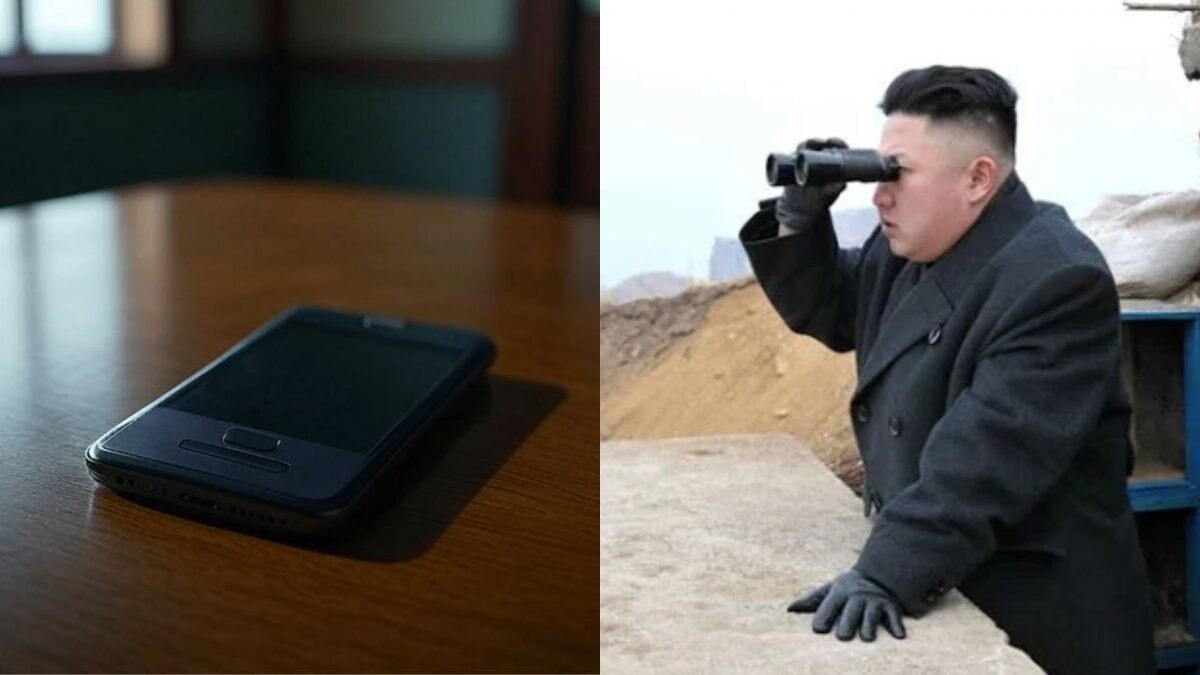As you type ‘South Korea’ in a North Korean mobile, it auto-corrects to ‘puppet state’. The phone takes screenshots every five minutes and stores them in a folder inaccessible to the usersread more
In an era of information explosion, North Koreans’ access to the global internet is still non-existent, and the key to this solid firewall is the state’s control of personal mobile phones.
Now, a detailed report around a phone smuggled out of the country has revealed insane measures that the regime of dictator Kim Jong Un enforces to insulate its people from the influence of South Korean culture.
Wild autocorrections
In North Korea, you can’t type words in your mobile phone that are closely associated with the South, revealed a BBC report.
One such word is “South Korea” itself. The phone autocorrects it to “puppet state”, reflecting the state’s official line in which Seoul is considered a vassal state of the US.
Similarly, as you type ‘Oppa’, a warning flashes on the mobile screen, saying the word can only be used for siblings. In the Korean language, the word literally means ‘elder brother’ but is mostly used to refer to ‘boyfriends’ in South Korea. As you type ‘Oppa’, North Korean phones will automatically change it to ‘Comrade’.
Random screenshots
The surveillance and control measures are not limited to the keyboard.
The phones take screenshots every five minutes and store them in a folder inaccessible to the users. They can only be accessed by the authorities, allowing them to monitor user activity in detail.
In North Korea, communication devices like radios and smartphones are preset to receive only state propaganda and are sealed to prevent any alterations. Modifying these devices to access external content is considered a severe criminal offence.
A recent report, based on testimonies from 649 North Korean defectors, reveals that Kim Jong Un’s regime has intensified its efforts to combat “Western influence” and the influx of outside information.
Officials frequently inspect mobile phones for names, language, and slang indicative of exposure to South Korean culture.
Additionally, Kim has banned K-pop and K-dramas—South Korean music and television dramas that have gained global popularity—to limit foreign cultural influence.
